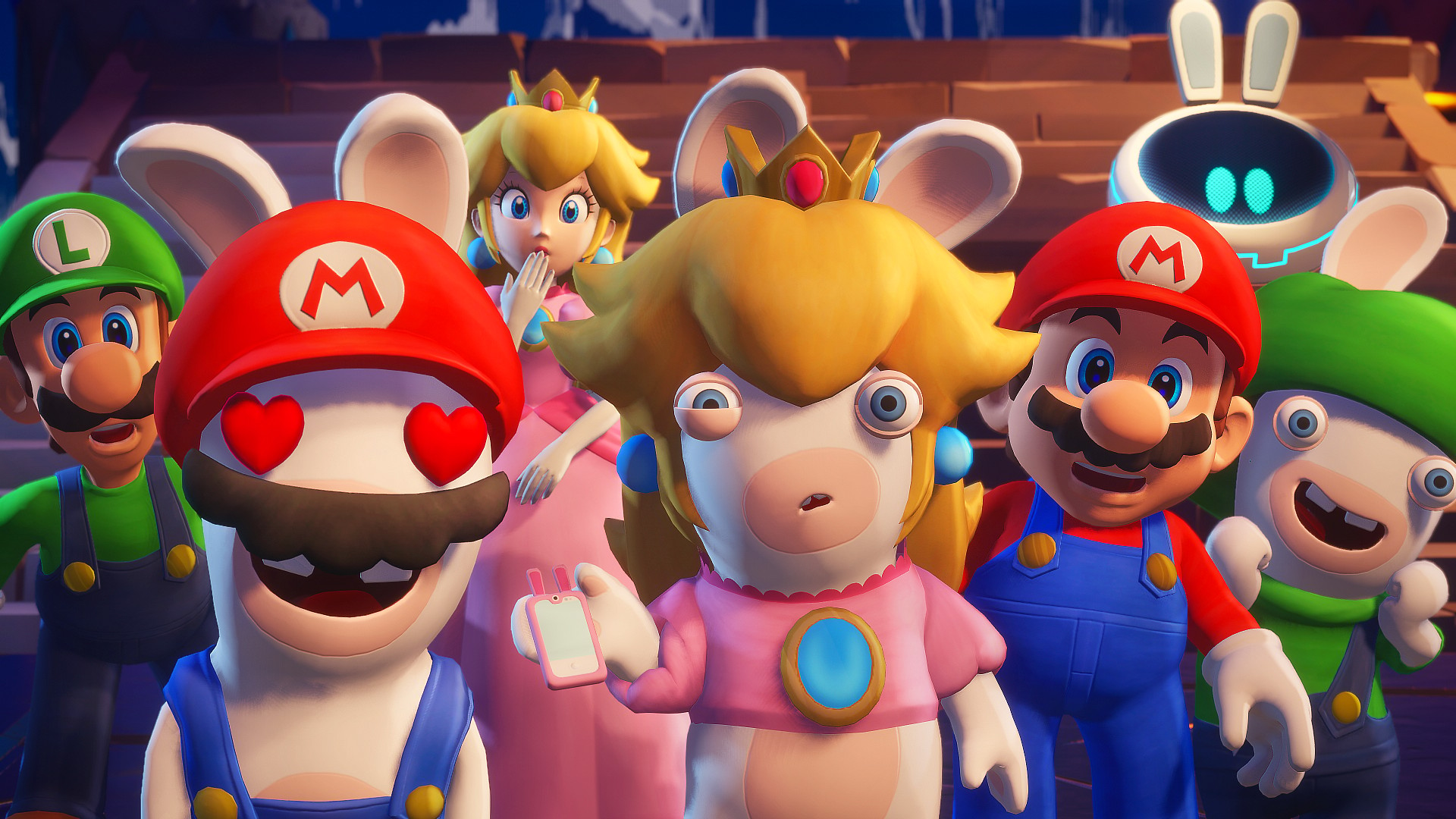Ubisoft Touts Subscription Services As The Future Of Gaming, Says Players Need To Start “Feeling Comfortable With Not Owning Their Games”

In offering his support to the dystopian concept of ‘You will own nothing and be happy‘, Ubisoft Director of Subscriptions Philippe Tremblay has opined that not only is the subscription-based service model an overall boon to the video game industry, but that the main factor standing in its widespread adoption by developers is the fact that players still prefer “having and owning their games”.

Tremblay shared his anti-consumer take on the medium’s future following the announcement that Ubisoft’s own in-house subscription services would be rebranded under collective banner of ‘Ubisoft+ Premium’.
As explained by the developer in a January 15th blog post, “Ubisoft+ Multi-Access and PC Access will now become Ubisoft+ Premium, offering day-one new releases and early access where applicable, alongside premium editions, monthly rewards, and more. Ubisoft is also introducing a new offer: Ubisoft+ Classics on PC, a curated selection of popular back-catalog and live games.”

Elaborating on the difference between these subscription tiers, Tremblay explained in the same post, “Premium means day one access to new releases and in some cases, like Prince of Persia: The Lost Crown, early access to upcoming new releases. This is on top of our extensive back catalog, where you’ll have access to premium editions, DLC, and monthly rewards. All of this is offered on Xbox, PC, and Amazon Luna, and you’ll only need to subscribe once to have access to these games across all these platforms. Players can subscribe to Ubisoft+ Premium for a monthly fee of $17.99.”
“Alternatively, players can subscribe to Ubisoft+ Classics, a curated selection of our most popular back-catalog games, like Far Cry 6, Rainbow Six Siege, and Watch Dogs: Legion,” he added. “This catalog will grow with time, is included for PlayStation+ Extra and PlayStation+ Premium Members, and is now available on PC through the Ubisoft Store for $7.99 per month.”

Later pressed as to the decisions which led to this business shift during an interview with GameIndustry.biz’s Christopher Dring, the Ubisoft director detailed, “We looked at the consumer behaviour and how people were interacting with our offer and we saw an opportunity for us to evolve.”
“When we look at how gamers engage with our different games, we see that our back catalogue is still very active and alive,” said Tremblay. “So we saw an opportunity to offer these worlds to our consumers for a lower fee. And this is a response to the behaviour that we saw from players.”

To this end, Tremblay then told Dring that the move was also motivated by the fact that Ubisoft’s streaming services have supposedly been “proving to be a way for gamers to access our worlds who perhaps weren’t inclined to purchase.”
“These players are brand new,” he asserted. “We’re shaking hands for the first time. It’s been Ubisoft’s strategy for as long as I’ve been here to try and reach more players with the franchises that we have. So I’m happy, as the leader of this product, to be able to deliver on that.”

From there, making note of the very noted resistance video game players in particular have shown to signing away their consumer rights to a variety of digital storefronts, Dring then asked Tremblay as to how Ubisoft sought to sell their subscription services to this hesitant demographic.
“I don’t have a crystal ball, but when you look at the different subscription services that are out there, we’ve had a rapid expansion over the last couple of years, but it’s still relatively small compared to the other models,” the director replied. “We’re seeing expansion on console as the likes of PlayStation and Xbox bring new people in. On PC, from a Ubisoft standpoint, it’s already been great, but we are looking to reach out more on PC, so we see opportunity there.”

Then turning to highlight what he saw as the primary roadblock to players signing up for streaming services in droves, Tremblay opined, “One of the things we saw is that gamers are used to, a little bit like DVD, having and owning their games.”
“That’s the consumer shift that needs to happen,” he declared. “They got comfortable not owning their CD collection or DVD collection. That’s a transformation that’s been a bit slower to happen [in games]. As gamers grow comfortable in that aspect… you don’t lose your progress. If you resume your game at another time, your progress file is still there. That’s not been deleted. You don’t lose what you’ve built in the game or your engagement with the game. So it’s about feeling comfortable with not owning your game.”
“I still have two boxes of DVDs,” Tremblay argued. “I definitely understand the gamers perspective with that. But as people embrace that model, they will see that these games will exist, the service will continue, and you’ll be able to access them when you feel like. That’s reassuring.”

“Streaming is also a thing that works really well with subscription,” he concluded of his thoughts on the topic. “So you pay when you need it, as opposed to paying all the time.”
